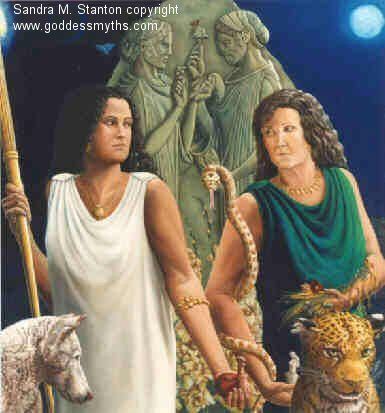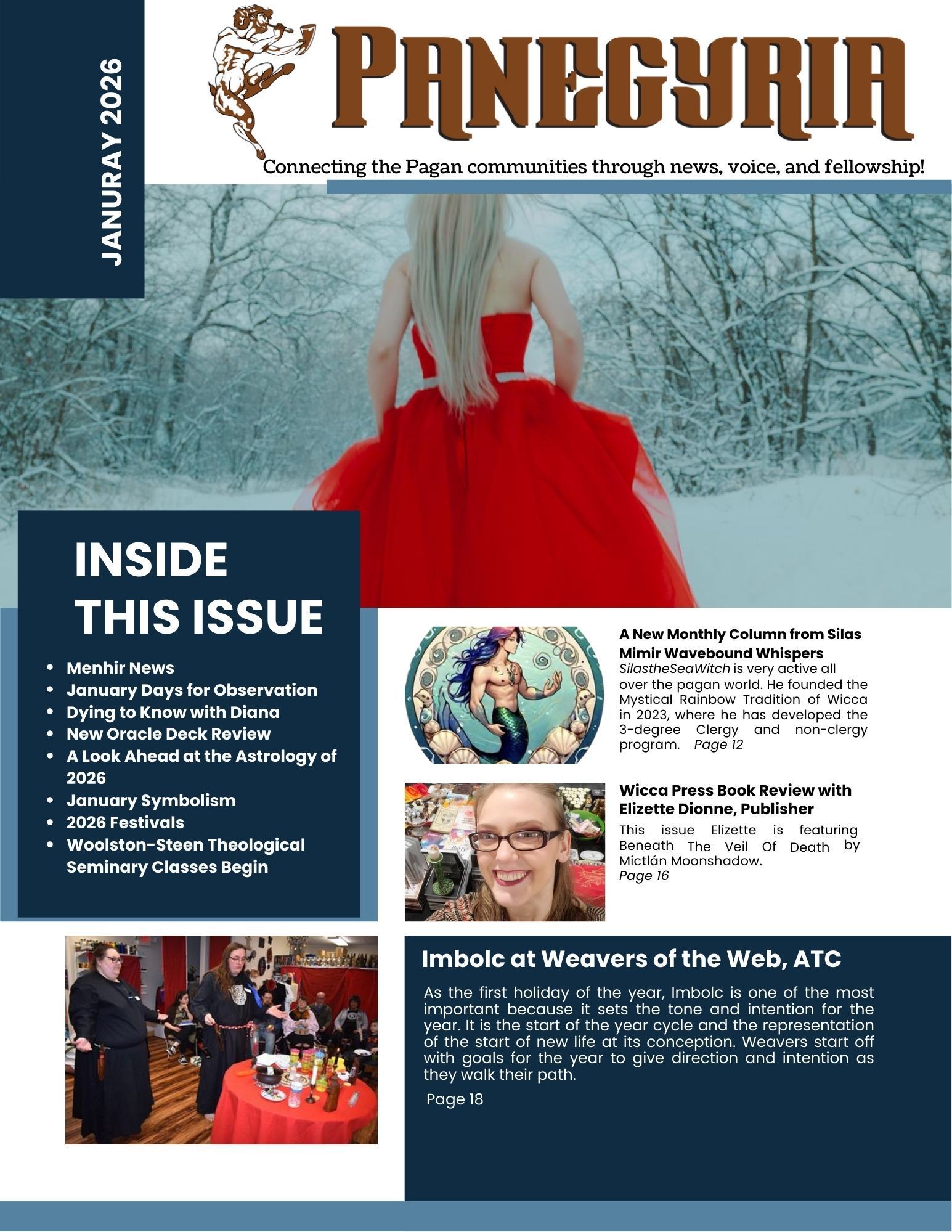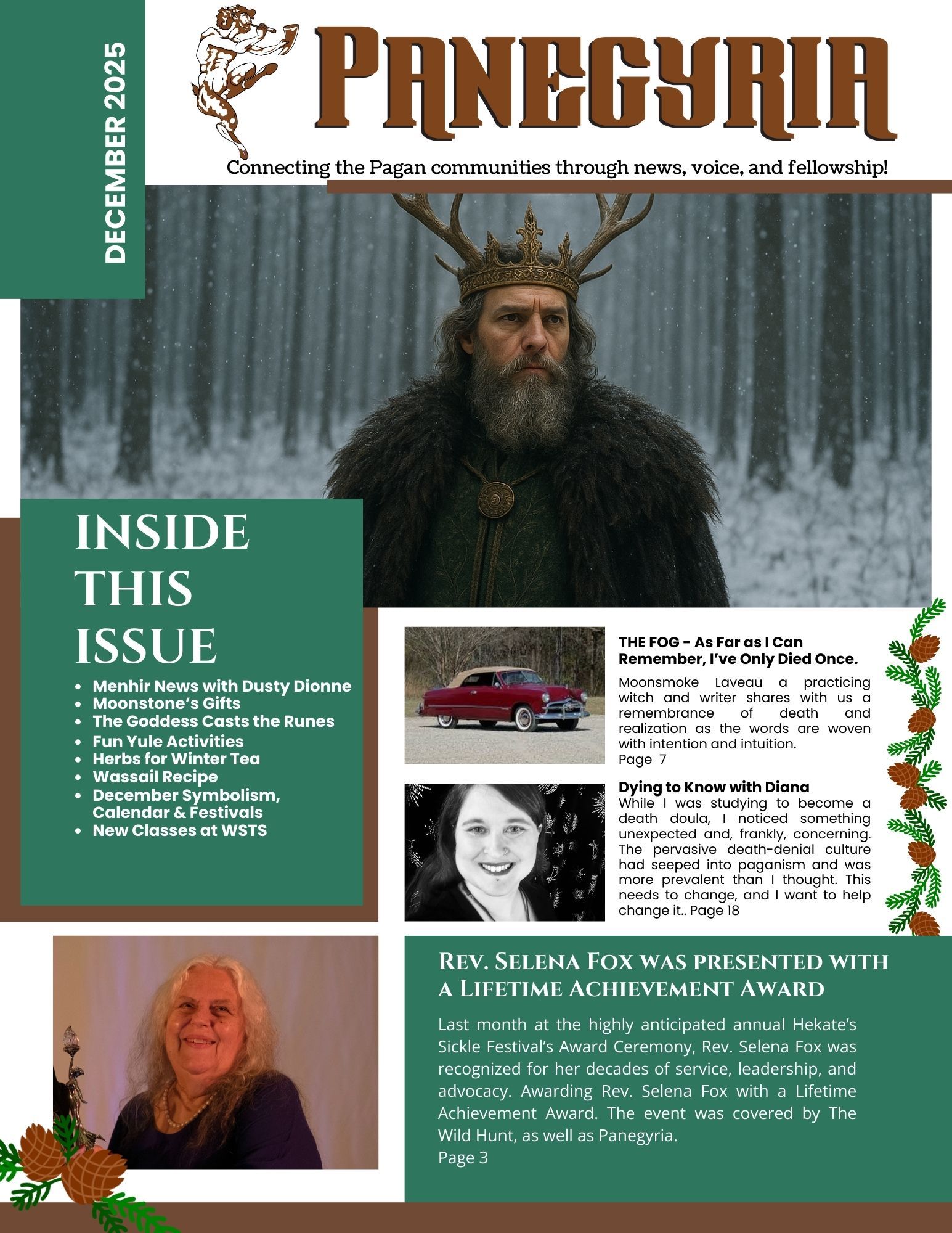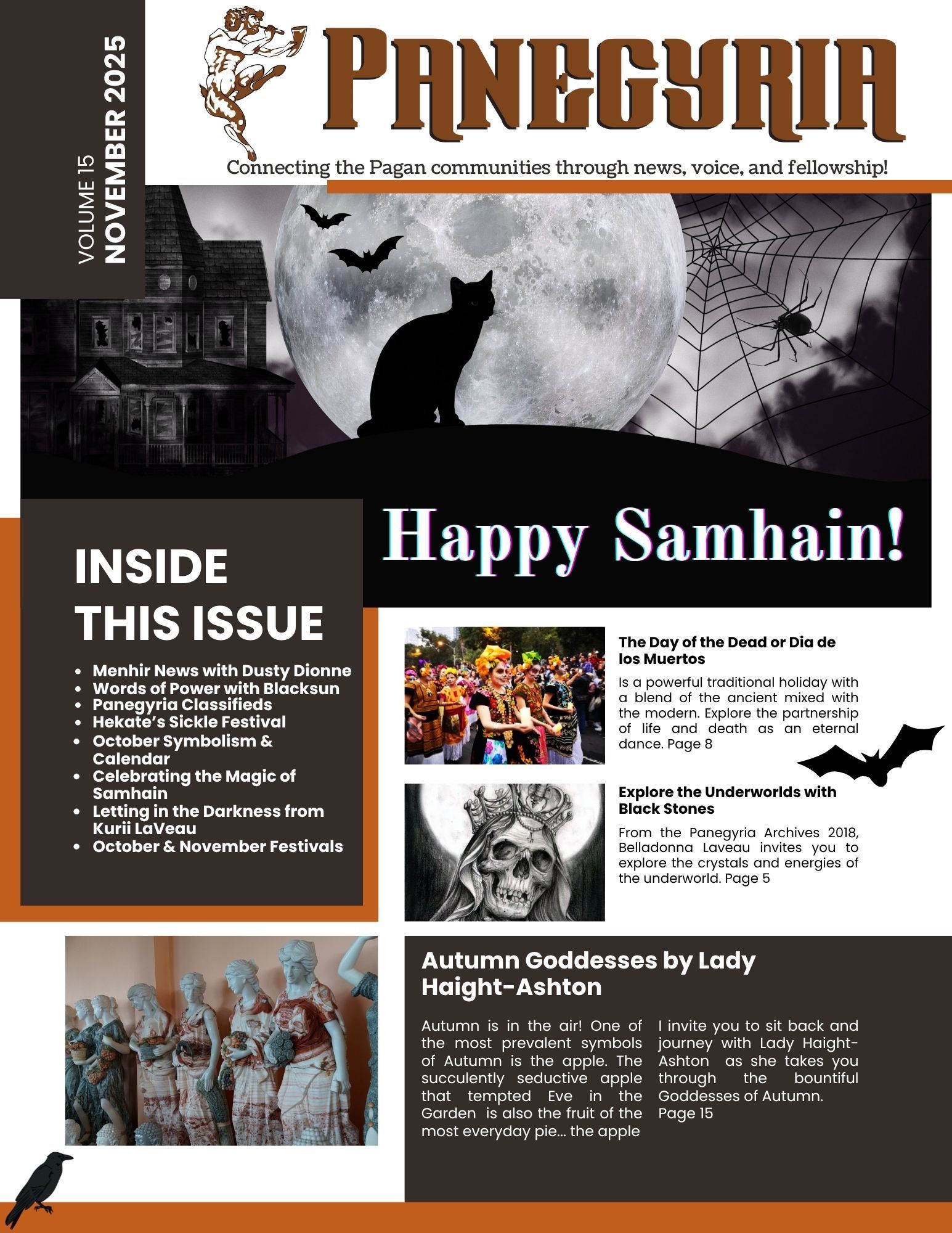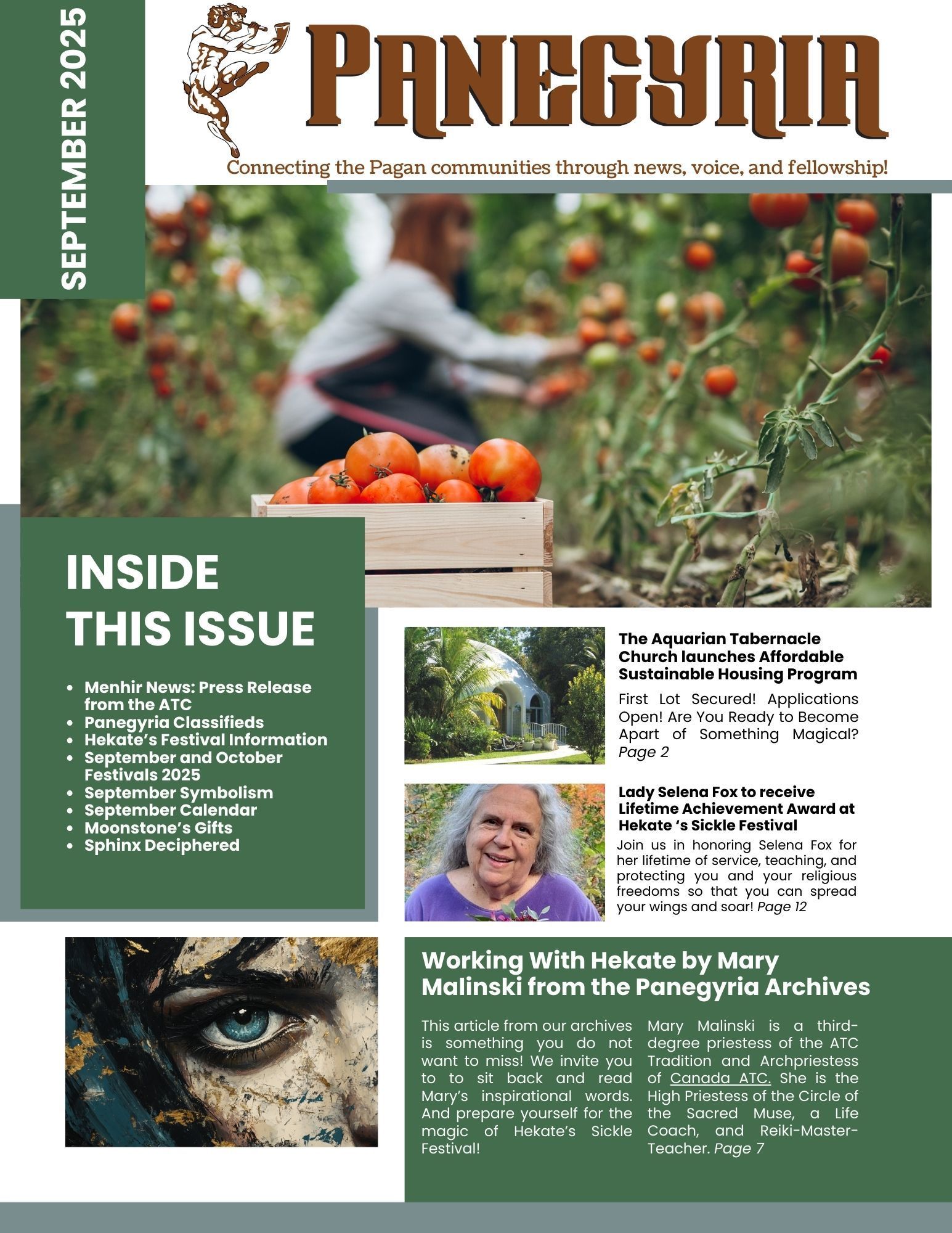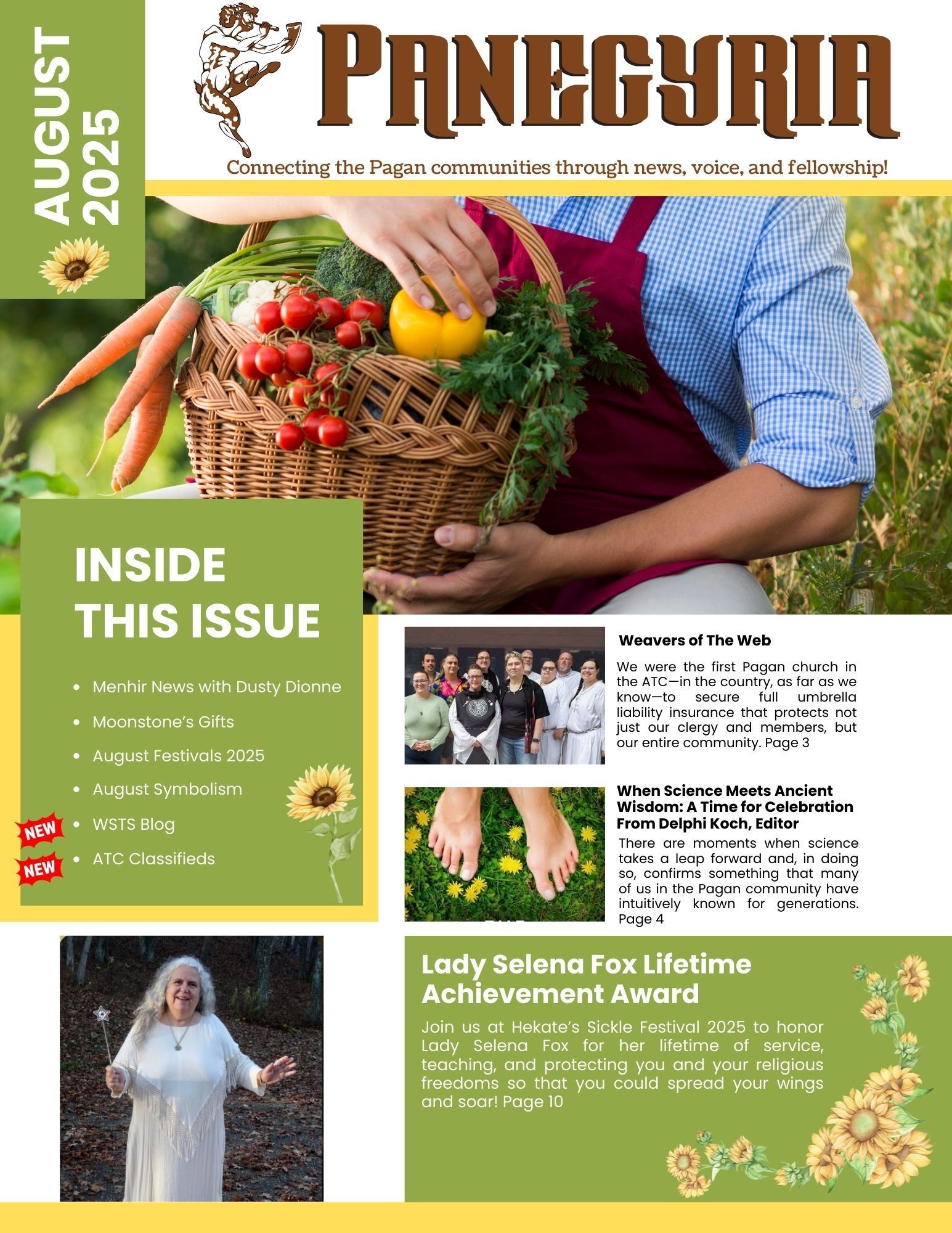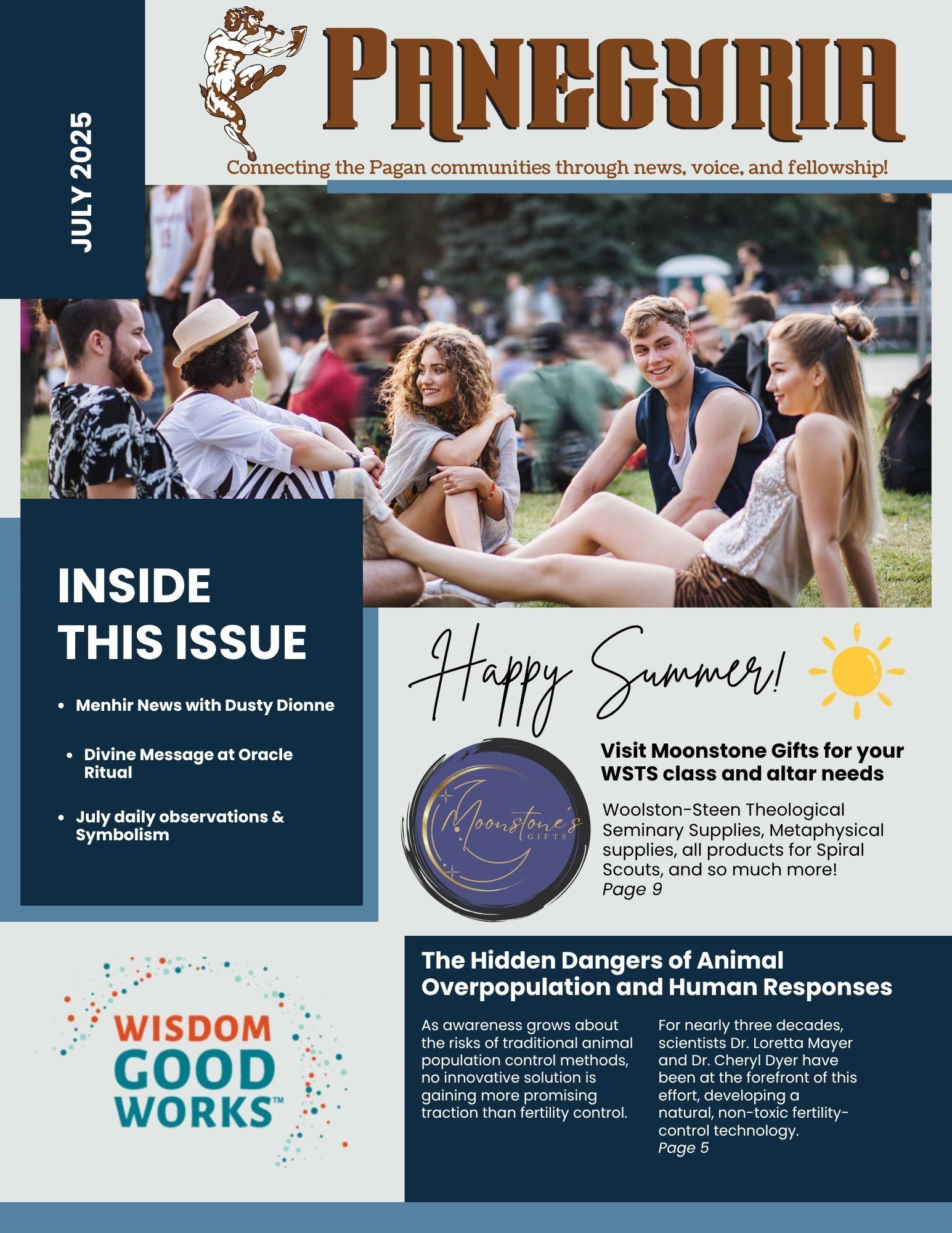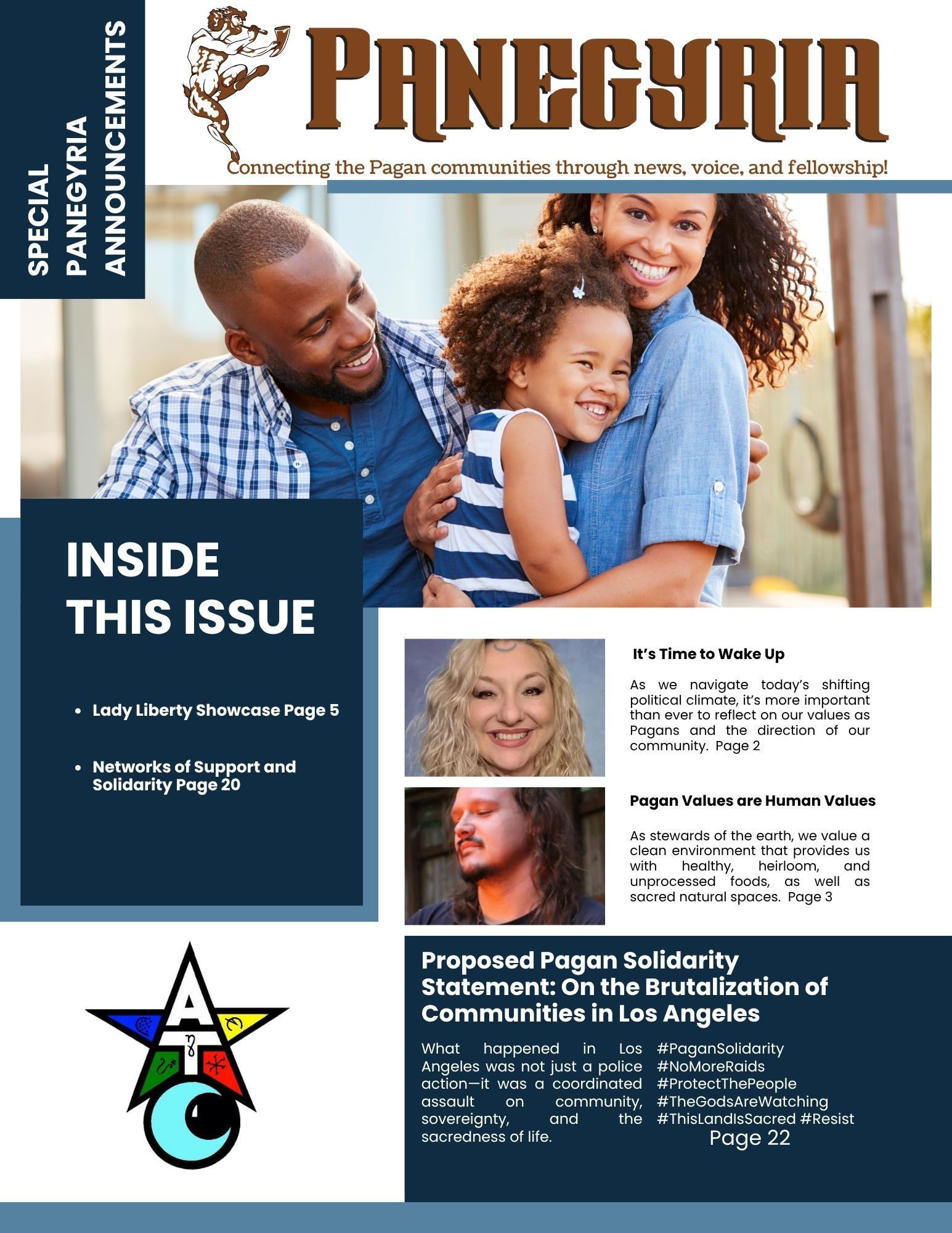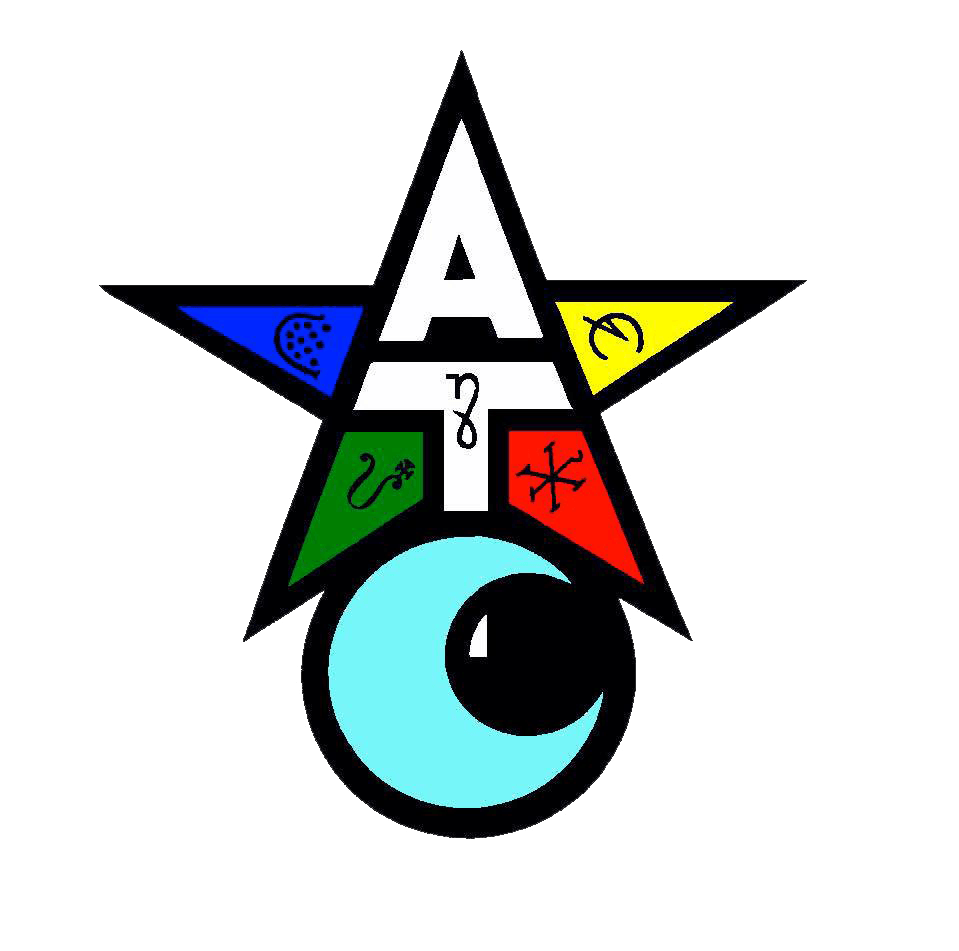The Rape of Persephone - Part 4
The last few weeks I’ve focused on Hades’ abduction of Persephone, and whether or not it was rape, or rather, sexual assault.
While that’s a big part of the story, it’s not really the main theme. The Homeric Hymn to Demeter is really about Persephone coming of age, and separating from her mother; becoming an adult, if you will.
At the beginning of the Hymn, Persephone is out picking flowers with “the full-bosomed daughters of Okeanos”. Among the many flowers she plucks, she sees the narcissus, “wondrous and radiant, and a marvel to be seen by immortal gods and mortal men”. This plant, a lure set by Gaia (supposedly at the will of Zeus, though that is open to some debate), represents Persephone’s desire for change.
She is the Kore, the eternal Maiden, forever the Mother’s daughter. She is her mother’s whole world, and Demeter is definitely not ready for her to stop being a little girl. And this is really why Hades goes to Zeus to ask permission – because Demeter would never give it.
Yet what young woman would want to stay a girl forever? At some point, every adolescent wants to become an adult, to become a person independent of their parent(s). Persephone picks the narcissus, the flower that represents self-love, to signify that she is ready for the next stage.
Is she really, though? What adolescent is truly ready to be an adult? Which of us has clarity about what will happen when we strike out on our own? Which of us, when faced with the harsh reality of our choices doesn’t long for the simpler days of our childhood? (OK, not everyone’s childhood was simple. And often, even challenging childhoods were simpler than those first forays into adulthood when we think we know more than we do.)
Faced with the sudden change from the bright, nurturing world of her mother, to the dark, lonely world of her husband, Persephone missed the former. The change she asked for was not what she expected. However, that doesn’t mean she truly wants to go back to her old life. She wants the reassurance that she can go back, that her mother still loves her. And she wants confirmation that she made the right choice.
Before Persephone returns to her mother, Hades “gave her to eat a honey-sweet pomegranate seed, contriving secretly about her, so that she might not spend all her days again with dark-robed, revered Demeter”. Again, a choice. She could go back to her mother and stay there, returning to the earth and the life she knew, never having to return to her abductor. She has a perfect out – Zeus ordered it.
That’s not what she wants, though. A mind once expanded can never go back to the size it was before. She has had a taste of freedom, of independence, at least as much as a woman in ancient Greece might be afforded. Hades promises, “When you are here you shall be mistress of everything which lives and moves; your honors among the immortals shall be the greatest.”
She tells her mother, “Aidoneus (Hades) slyly placed in my hands a pomegranate seed, sweet as honey to eat. Against my will and by force he made me taste of it.” She’s afraid of her mother’s wrath; she is still a young woman seeking her mother’s approval. So she bends her story to the tale she thinks her mother wants to hear, and is most likely to tolerate. Her story is accepted, and she avoids conflict with Demeter, while asserting her will over her future.
The Hymn to Demeter is as much a story of Persephone’s coming of age as it is about a mother’s grief at her daughter growing up. It shows Persephone gaining agency over her life. She may not yet be ready to entirely face the consequences of her choices, and that is part of her learning process. She is testing out that agency, and finding out what others around her are willing to accept.
Blessings,
Mary

